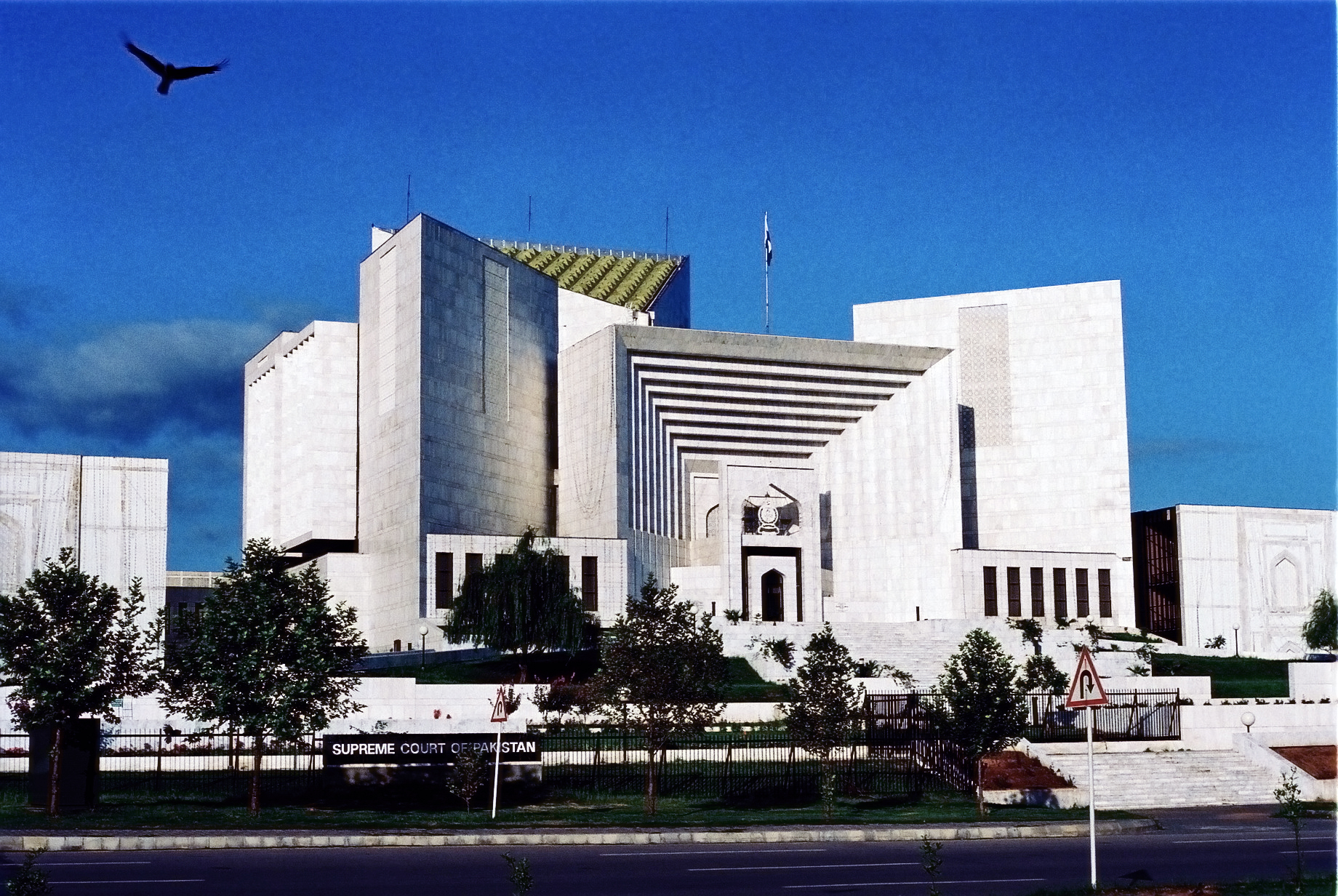In Pakistan, a new constitutional issue has erupted after months of being engulfed in another political crisis that shows no signs of abating. On Tuesday, the government introduced legislation in the National Assembly, the lower house of parliament, to curtail the Supreme Court’s powers, which Prime Minister Shehbaz Sharif claimed was causing “political instability” in the country.
The Supreme Court (Practice and Procedure) Act, 2023, was enacted after the Supreme Court took “suo motu” notice of the Election Commission of Pakistan’s (ECP) decision to postpone provincial elections in Punjab, the country’s most populous province. Suo motu procedures occur when a court takes cognizance of an issue that it judges to be in the public interest and initiates proceedings on it.
Here’s everything you need to know:
What action has the government taken?
The National Assembly issued a resolution on Tuesday criticizing the Supreme Court for “judicial activism” and demanding “non-interference” in ECP-related matters.
“This house believes that an unnecessary intrusion of the judiciary in political matters is the main cause of political instability,” said the resolution.
The draught measure introduced in parliament seeks to change regulations governing the top court’s activity and proposes establishing a three-member panel led by the chief justice to hear suo motu cases.
What triggered the government-court tussle?
The conflict began with the ouster of former Prime Minister Imran Khan from power in April of last year, following a parliamentary vote of confidence. Khan, the leader of the Pakistan Tehreek-e-Insaf (PTI) party, has launched a nationwide campaign calling for immediate national elections, which are currently slated for later this year.
Since the administration turned down his request, the 72-year-old cricketing icon-turned-politician vowed to dissolve the provincial assemblies in Punjab and Khyber Pakhtunkhwa in January.
The move was part of Khan’s attempt to force the elections, as Pakistan traditionally holds province and national elections concurrently.
Nonetheless, elections in Pakistan must be held within 90 days of the dissolution of a legislative session, according to the country’s constitution.
However, a stalemate occurred when the ECP failed to issue an election schedule, leading President Arif Alvi, a member of Khan’s PTI, to declare April 9 as the polling date in the two provinces unilaterally.
Three days later, as onlookers questioned the validity of Alvi’s announcement, Chief Justice of Pakistan Umar Ata Bandial decided to take suo motu notice of the matter and convene a hearing on his own on February 23.
The Supreme Court, in a 3-2 decision on March 1, ordered the ECP to fulfill its constitutional duties and declare an election date for Punjab and Khyber Pakhtunkhwa provinces after four judges recused themselves from the original nine-judge bench formed to hear the case.
Two days later, on March 3, the ECP announced that the vote in Punjab province would take place on April 30. However, the poll body cancelled its schedule last week, citing security and cost issues as the reason for the cancellation. It has set October 8 as the new election date in Punjab.
A enraged PTI petitioned the Supreme Court, which is now discussing whether the ECP’s action was valid. As a result, the government was forced to file a resolution against the court itself.
What do legal experts have to say?
Several legal experts believe that, while the government’s planned modifications to limit the Supreme Court’s authority are good, the way the parliament is going about it is problematic.
“What the government is attempting to achieve should have been done a long time ago.” The method they’re doing it, though, is questionable,” Abuzar Salman Niazi, a Lahore-based lawyer, and constitutional specialist, told Al Jazeera.
According to Niazi, the majority of the administration’s proposed revisions are constitutional modifications that require a two-thirds majority in parliament, which the Sharif government lacks.
He also questioned the bill’s timing. “It looks they are only doing this to put pressure on Pakistan’s chief justice,” he remarked.
“A simple act of parliament to regulate judiciary with respect to procedural and substantive law might be in conflict with the independence of judiciary which is a basic structure of our constitution. The courts may strike it down if reviewed or challenged by court,” he added.
Salaar Khan, an Islamabad-based lawyer and constitutional expert, told Al Jazeera that the proposed modification does not limit the Supreme Court’s powers.
“This bill is just about restructuring of power. It is currently the sole prerogative of the chief justice of the court to take suo motu notices. One could argue that the proposal is about expanding the role for other judges as well since the Supreme Court is not defined as just the chief justice, but other judges too,” he said.
Instead of delaying a measure in parliament, Niazi believes the government should have tried to put pressure on the court to make the reforms it desires.
“The government is proposing to amend the rules of the Supreme Court which is the job of the apex court itself. What if the court takes up a matter of parliamentary rules and procedure tomorrow and starts dictating how the parliament should conduct its affairs? It would have been better to let the Supreme Court amend its own rules and procedures,” he added.






















